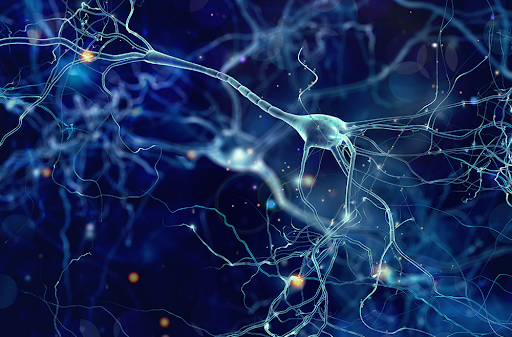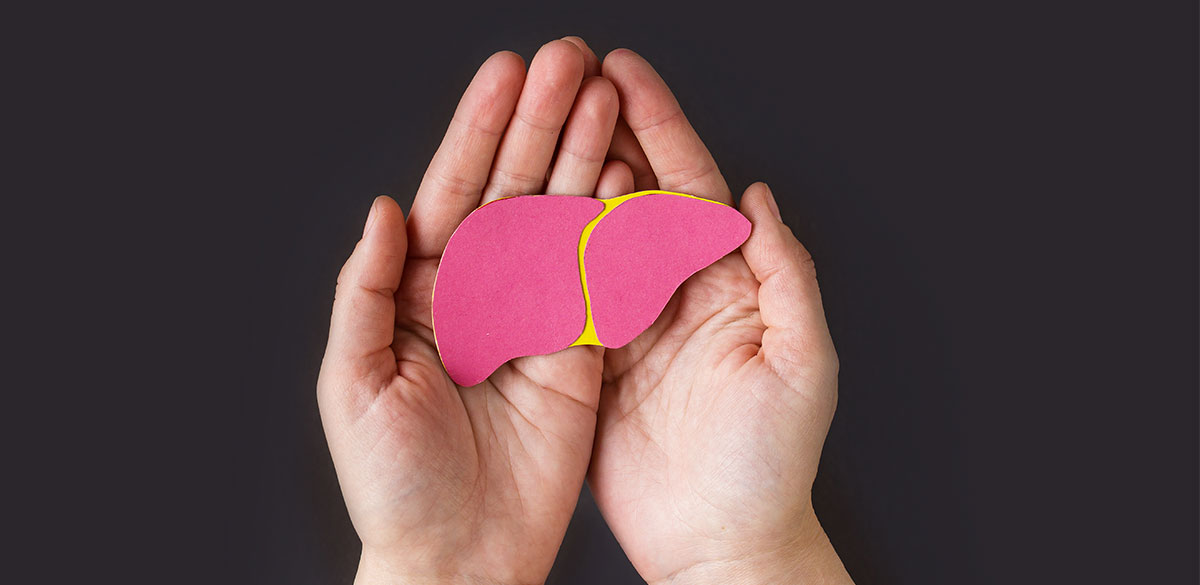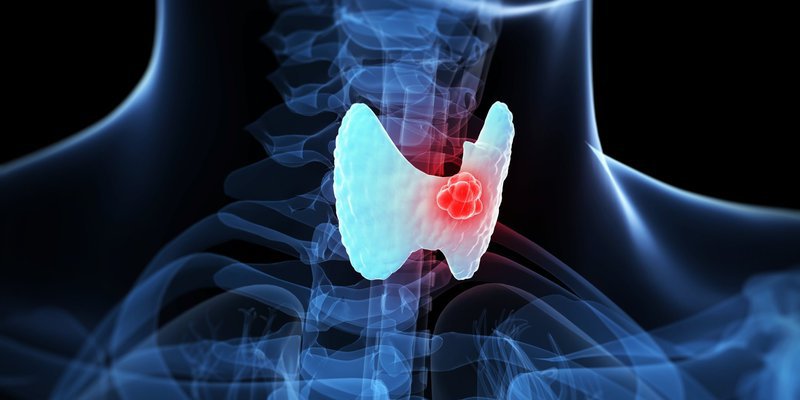Movement disorders refer to a group of neurological conditions that affect an individual’s ability to control physical movements. This includes everyday motor functions like walking, coordination, balance and more. Both common disorders like Parkinson’s Disease and rarer conditions like Huntington’s Disease cause disruption in the areas of the brain that dictate smooth, purposeful movements. Symptoms manifest in different ways depending on the specific disorder. Tremors, muscle rigidity, involuntary movements, problems with gait and mobility, poor reflexes and balance challenges represent frequently reported issues. The manifestations also vary in severity and progression between patients.
Without doubt, adapting one's life to contend with progressively worsening symptoms prompts immense challenge. From difficulty executing regular physical tasks to emotional issues around losing independence – the impacts run deep and wide. The good news? Various lifestyle measures and coping tools empower patients to take control wherever possible, easing hardship and improving daily function.
Cultivating Physical Wellness
Gentle Exercise: While vigorous workouts prove difficult for many patients, low-impact activity benefits both mobility and emotional health. Explore manageable options like yoga, stretching, walking, swimming or cycling. Consult doctors or physical therapists to develop realistic exercise regimens catered to your disorder symptoms. Proper postural control and balance training prevents fall risk.
Healthy Nutritio
Good nutrition supplies energy for optimal performance. Maintain balanced vitamin and nutrient intake. Confer with nutritionists to manage issues like digestion problems, bowel issues associated with medications or rapid unhealthy weight changes sometimes occurring. For those able to swallow safely, supplements like coconut oil or magnesium assist with symptom relief in some movement disorders
Promoting Emotional Health & Community Connections
Stress Management Techniques: Coping with the frustration and grief over increasing disability necessitates outlets for stress management. Practices like meditation, yoga, deep breathing, journaling and visualization soothe the mind. Maintaining social connections, community support systems and open communication with loved ones combats isolation and depression. Attend local support groups or online discussion forums to exchange encouragement and practical advice with those on similar journeys.
Home Modifications for Safety & Accessibility
Even subtle environment changes greatly empower independence and ease of movement. Install grab bars, railings, ramps or chair lifts allowing safe transfers and mobility. Improve lighting, secure potential trip points like rugs and widen doorways facilitating wheelchair or walker access. Consult occupational therapists to maximize helpful accommodations through all stages of progression. Plan financially for equipment costs not covered by insurance.
Self-Advocacy in Medical Care
Actively participate in your care plan for the best outcomes. Track symptoms thoroughly so physicians understand progression. Research available therapies so you understand all options, including clinical trials of promising new treatments. Coordinate specialty care between your neurologist, psychiatrist, therapists and primary care doctor. Seek second opinions with complex multi-system disorders. Connect with local or online support groups to share experiences and tips.
Travel & Transportation Consideration
While movement conditions present added challenges, adventure still calls. Pack medications carefully, confirming dosages and doctor details. Request handicap-accessible rooms and mobility aids allowing effortless museum tours or beach strolls. Travel off-peak when sites are less crowded. Use canes, walkers or wheelchairs without hesitation to prevent falls while conserving strength for activities. Check venues’ websites ahead for accessibility information to plan outings or request accommodations. Building a suitcase full of great memories bolsters mental health.
Maintaining Hope & Enhancing Quality of Life
Despite disability and shortened longevity associated with some movement disorders, proactive self-care sustains joy and purpose daily. Celebrate small personal victories, adapt beloved pastimes rather than abandoning them and spend time with uplifting people. Permit yourself grief on the hard days – resilience requires self-compassion. Whether through maintaining a sense of humour, focusing energy on your blessings or contributing to a non-profit when possible – patients can enhance quality of life significantly through courage, wisdom and community support.
In conclusion, individuals facing movement disorders can lead fulfilling lives by incorporating these practical coping strategies and lifestyle adjustments. Remember, each person's journey is unique, so it's crucial to tailor these tips to individual needs and consult healthcare professionals for personalized advice.

Dr Vignesh Sayeerajan Consultant – Neurosurgery Apollo Cancer Centre, Chennai





.png)



